The Church in the peripheries
Interview with Msgr. Jozef De Kesel appointed President of the Belgian Bishops’ Conference. “I think that in a society like Belgium it’s important not to hide”, he said. “It’s what Pope Francis is asking of us: to be a Church that is not closed in on herself, that does not withdraw, does not defend herself behind the walls of the sacristy but that participates with respect, never prevailing in the debate.”

The Francis generation. It’s the name that could be given to the archbishops recently appointed to represent and disseminate the Church of Mercy in cities worldwide. Monsignor Jozef De Kesel was appointed archbishop of Malines-Bruxelles at the end of 2015. A few weeks ago Belgian bishops appointed him President of the Bishops’ Conference. He promptly, and openly answered every single question we asked him. He also accepted to address the controversies sparked off by his statements on euthanasia and on the right to conscientious objection. It’s not what he said but “how” he says it that makes the difference. When asked whether he wanted to read the interview prior to its publication he declined. “I have complete trust”. At present, two major challenges worry him the most: as president of the Bishops’ Conference to ensure unity in a Country with two communities (the French- and the Flemish-speaking communities). The other challenge is facing everyday life in a secularized society. “Church no longer represents the population majority – he pointed out -. This is a new challenge for a Church called to find her place in society.”
At the end of last year you were at the centre of controversies sparked off by your statements on euthanasia. Could you tell us more about this episode?
I gave an interview to a newspaper and on the sidelines the reporter asked my opinion on euthanasia. I said that the Church would always defend life; that Belgian law envisages that that the physician can never be forced to carry out this practice and that there is always the possibility of conscientious objection. Then the reporter asked me if even Catholic institutions grant that possibility. And I said yes. This answer sparked off a controversy: some have even said that the new archbishop does not comply with the law. But a few days later in the papers it was stated that I was right, the 2002 Law also provides for conscientious objection at institutional level.
Then how do you explain the media’s reaction to your statements?
Belgian mentality encourages people to think that the bishops put themselves above the law. But I want to say that I am happy about what happened. The polemics sparked off a debate on this issue in the following week. It gave us the opportunity to raise a set of questions and share our reflections, like the fact that euthanasia isn’t only a purely medical practice, and that it is necessary to be aware of one’s actions.
How important is conscientious objection?
It’s extremely important. It would be a paradox to deny it. Conscientious objection is a sign of freedom. And freedom is one of the most important values of modern society. If I was criticized over conscientious objection then that criticism was against freedom itself. Religious freedom and the freedom of conscientious objection are human rights that deserve being upheld. If the State denies conscientious objection it’s not a sign of progress as it prevents the right to exercise freedom.
How can dialogue take place with a society that finds it hard to understand the claims of the Church?
Last week I was invited to take part in a debate with the president of Belgium’s Association for secularism in Belgium, organized by a lay university. I immediately accepted their invitation as a sign of openness. I also saw it as an opportunity to say what we think. However, I think that in a society like the Belgian one it’s important not to hide. It‘s also the request of Pope Francis:
to be a Church that does not close in on herself, that doesn’t withdraw, that doesn’t defend herself behind the walls of sacristy but rather takes part in the debate.
Naturally, we are not the ones tasked with making the laws. That’s the Parliament’s responsibility. We are citizens, as as such we participate in public life. The Church must be allowed to play her role. And she does this with respect, never prevailing.
Let’s tackle another heated issue: migrations. Reception or security: what is your choice?
Both. It’s not easy for politicians. Political refugees who cannot return to their Countries of departure because of wars cannot be forced to return. However, it is necessary that Countries share the responsibilities. It’s a difficult situation.
What is the voice of the Church?
At parish level the Belgian Church is showing that she is open to welcome. A lot of effort is being made in this direction.
Our appeal is for humanity to be more generous, more merciful, because closing the borders is not the only option.
Mons. De Kesel, in your opinion what is Pope Francis’ message to Belgian society?
Pope Francis repeatedly reminds us not to become indifferent. The major temptation of a rich culture such as ours is to think that “others” are not of our concern.
Indifference is a great threat to contemporary culture.
And Pope Francis is asking us to open up to greater solidarity and generosity. To greater Mercy. This is the message: to resist the risk of indifference.